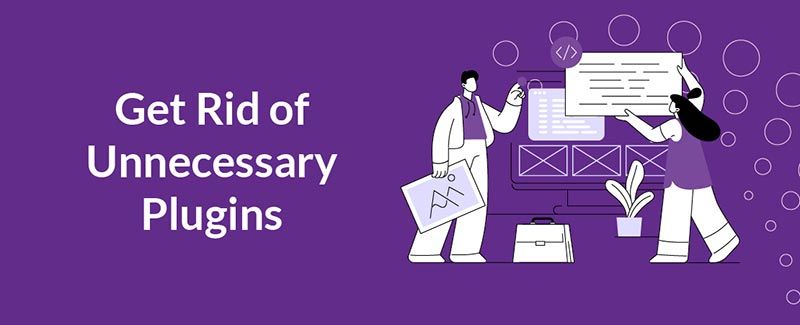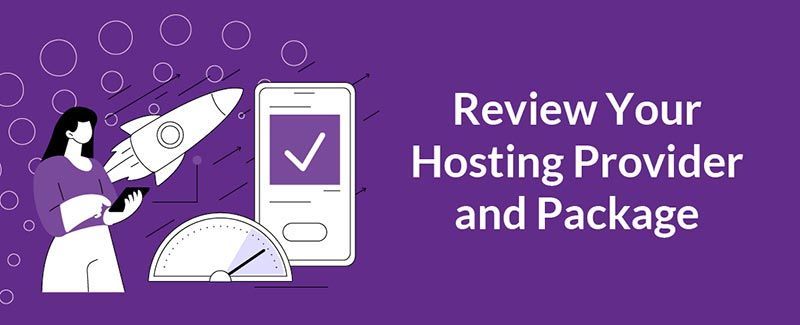Strategies to Accelerate Your Website’s Loading Time
Strategies to Accelerate Your Website’s Loading Time
In our fast-paced digital era, where instant access is expected, the speed of a Website holds paramount importance. Slow loading times can be a deal-breaker, causing users to bounce away, potentially costing your business sales and clients.
47% of users expect a Website to load within two seconds, and 40% abandon Sites that take more than three seconds. For mobile users, a Site taking 10 seconds can result in a staggering 123% increase in bounce rates. Moreover, Google, the primary Search Engine giant, factors in Website speed for search rankings.
To prevent your Website from falling into the slow-load pitfall, here are some contemporary tips applicable to both desktop and mobile pages.

Reduce Image Size
Visual elements like photos and videos, if not optimised, can significantly slow down your Site. High-resolution images may seem harmless, but they force your Web browser to execute multiple commands, causing delays.
To avoid this, use image editing programs or free online tools to
resize images before uploading them to your Content Management System to ensure faster loading times.
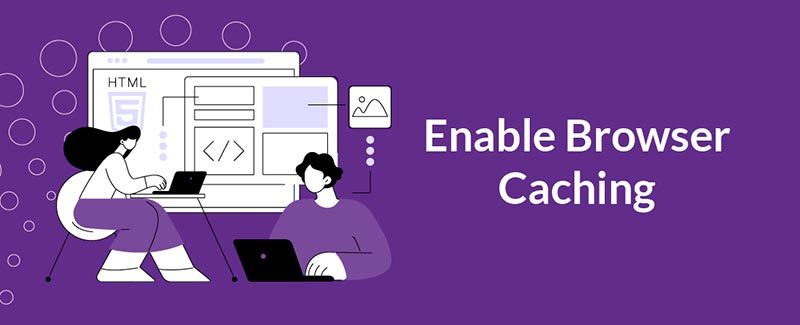
Enable Browser Caching
Browser caching allows a visitor's browser to store copies of your Website's pages. When the visitor returns, the content is retrieved from the cache, reducing the resources needed to display pages and resulting in faster loading times.
Get Rid of Unnecessary Plugins
While plugins can enhance functionality, any excess can negatively impact your Site's speed. Evaluate the necessity of each plugin, ensuring they provide valuable features or experiences for your site visitors. Remove duplicates, outdated plugins, or those no longer in use to optimise performance.
Review Your Hosting Provider and Package
If your Site is still slow,
consider upgrading your hosting package. Shared hosting, where you share server space with other Websites, can impact speed. Upgrading to a private server might be slightly costlier but can
significantly improve your Site's loading times.
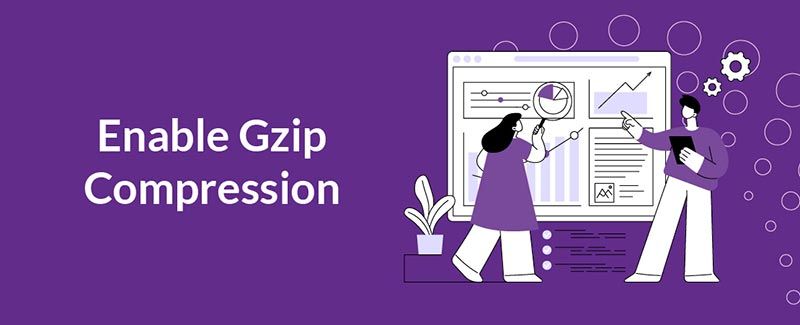
Enable Gzip Compression
What is Gzip compression, you ask, and how can it help? Well don’t worry, we’re here with the answers you need.
Gzip compression minimises the size of browser-based HTTP responses, potentially reducing them by up to 70%.
Given how big of a percentage that is, we don’t think we need to tell you that implementing Gzip compression can
significantly speed up your Website. You’ve got no reason not to use it!
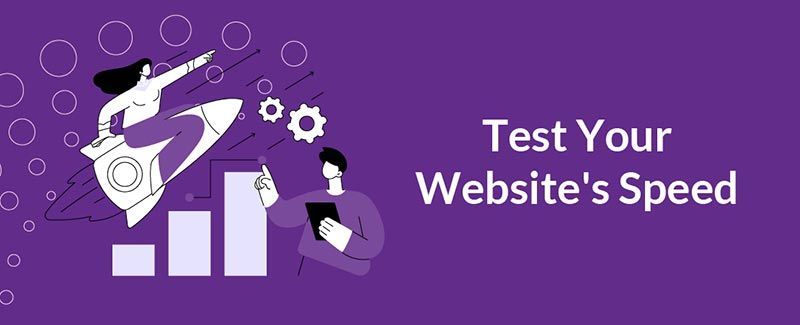
New Paragraph











